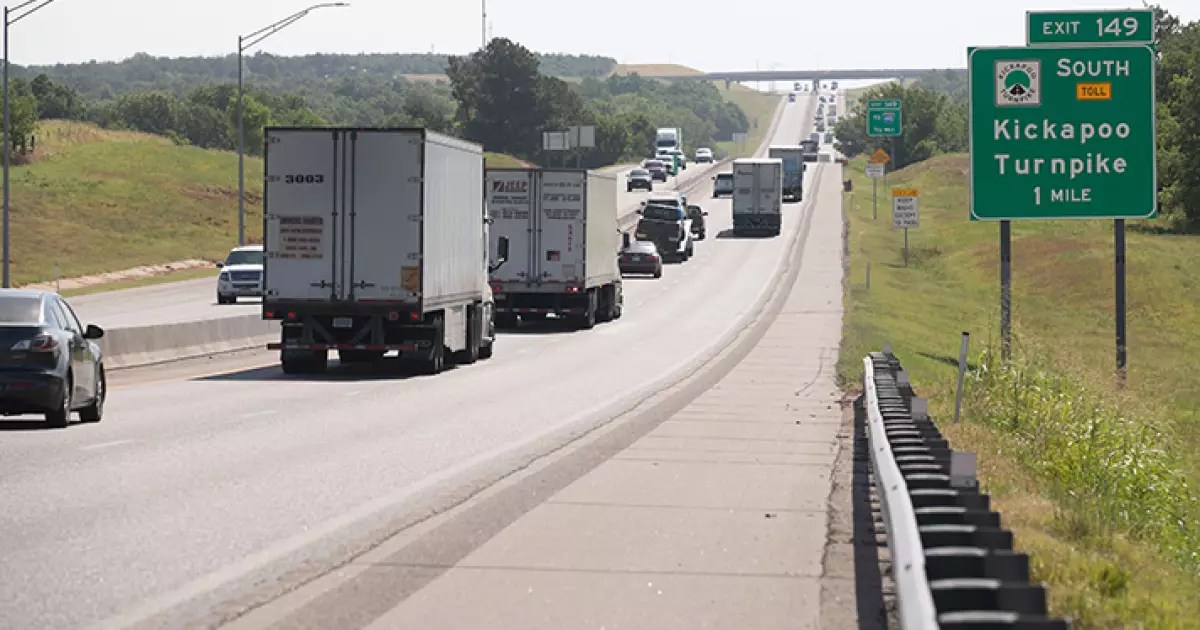The Oklahoma Turnpike Authority (OTA) is gearing up to return to the municipal bond market, potentially within the last week of January 2024, with a significant bond sale estimated at $1.3 billion. This strategic move aims to fund the expansion of the contentious ACCESS Oklahoma program and to refund existing debt obligations. The financing structure includes approximately $1.087 billion in tax-exempt second senior revenue bonds alongside $223.3 million designated for refunding bonds. Major underwriting responsibilities will be managed by Goldman Sachs, contingent upon favorable market conditions.
The ACCESS Oklahoma initiative, launched in February 2022 under Governor Kevin Stitt’s administration, represents a substantial investment in transport infrastructure—initially projected at $5 billion but ballooning to an estimated $8.2 billion. The goal is to enhance and expand toll roads throughout the state. This ambitious program, however, has not been free from controversy. Recent decisions by the OTA board to implement toll increases have kindled discord among lawmakers, inciting calls for closer legislative scrutiny of toll adjustments. Such reactions underscore the complex interplay between infrastructure development and public concerns regarding fiscal responsibility and governmental oversight.
The reaction of the financial market to previous bond issuances has generally been positive, as evidenced by the ratings assigned to the initial $500 million worth of bonds sold for the ACCESS program in October 2023. These were rated Aa3 by Moody’s and AA-minus by S&P Global and Fitch Ratings, all maintaining stable outlooks. However, the road to this financing was not straightforward; litigation instigated by property owners affected by the tollway expansions delayed the bond offering until a favorable ruling from the Oklahoma Supreme Court concluded a series of legal challenges in 2023.
While the OTA moves forward with its funding plans, there is a growing clamor for transparency and accountability. Groups like Oklahomans for Responsible Transportation have advocated for an independent feasibility study before any new bonds are issued. They also demand that any future bond sales be deferred until a state audit of the OTA is finalized, an investigation prompted by Oklahoma Attorney General Gentner Drummond in the previous year. This demand indicates a significant shift in public sentiment, highlighting the necessity of addressing community concerns prior to further fiscal commitments.
While the OTA’s upcoming bond initiative seeks to propel the ACCESS Oklahoma program forward, it simultaneously stirs debates around fiscal management and transparency. The balance of expanding infrastructure while maintaining public trust poses a significant challenge for the authority. As the bond offering draws near, the OTA will need to navigate stakeholder interests carefully, ensuring that the expansive goals set forth do not overshadow the accountability that citizens demand. How this unfolds will undoubtedly set the tone for future infrastructure-related initiatives in Oklahoma.


Leave a Reply